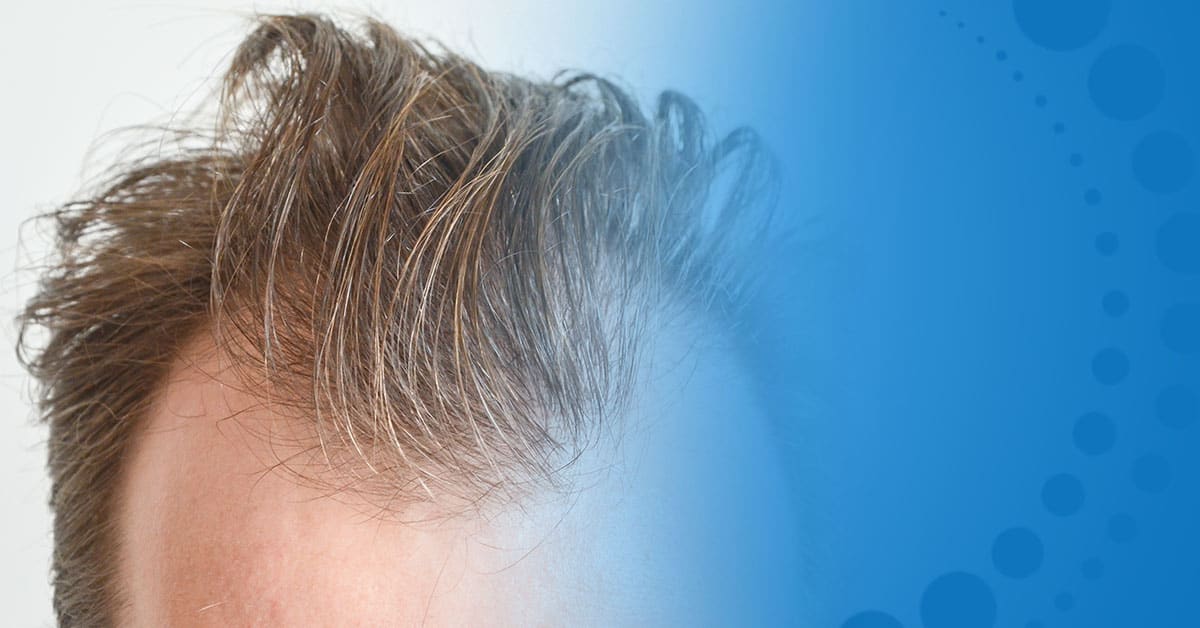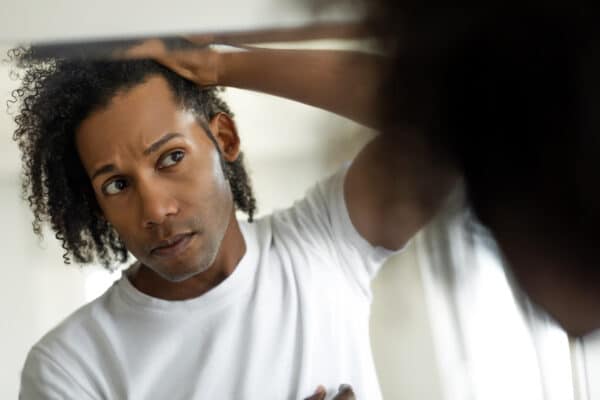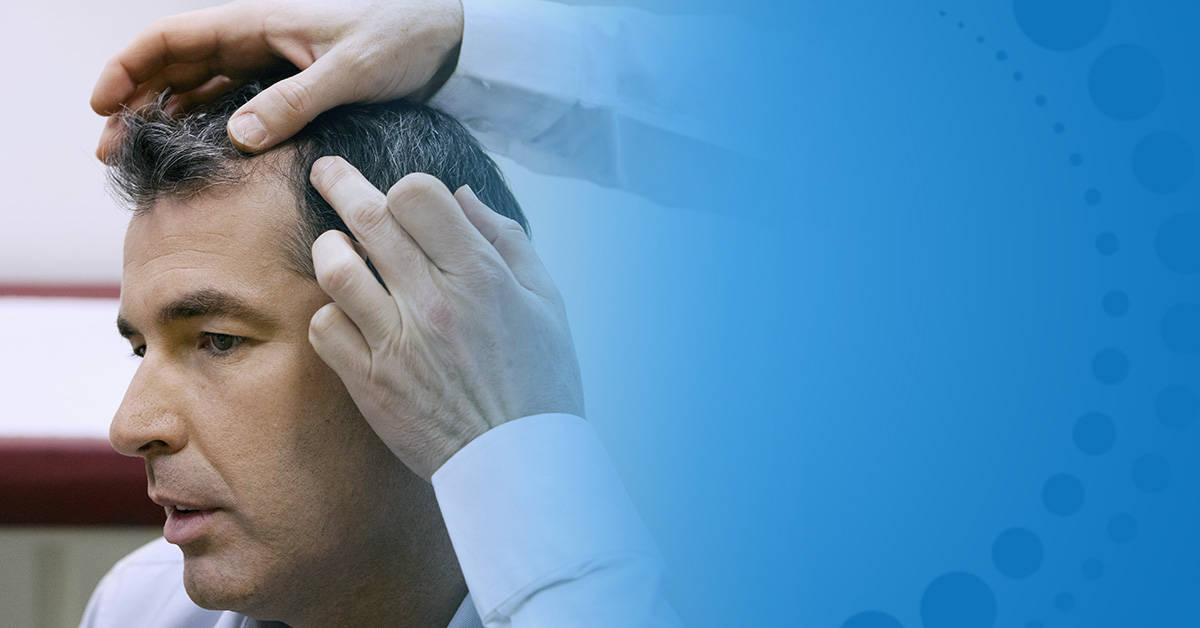Ethnicity And Hair Loss Patterns

Most of us will experience hair loss during our lives – regardless of gender. Men are indeed more likely to experience it than women, but the numbers may be closer than you think. More than 80% of men will experience hair thinning or loss during their lives – a sizeable percentage of these men experience hair loss before age 30. However, about 50% of women will also experience hair thinning or loss.
While many of us already assume that men are more likely to experience hair thinning or loss than women, other factors can contribute. For example, diet, exercise, and sleeping patterns can affect your overall hair health. However, can our genetics and race contribute to our predisposition to hair loss?
Does Race & Ethnicity Contribute To Hair Loss?
Some studies show there is some correlation between race and hair loss. For example, some ethnicities have higher or lower averages for when one might experience hair loss – the mid-30s on the lower end to the mid-40s on the higher end.
Some ethnic groups are predisposed to having fewer, larger hair follicles. Smaller hair follicles produce thinner, more fragile hair that is more prone to damage. That doesn’t necessarily translate directly to hair loss, however.
Cultural habits can have an impact on hair as well. These could include wearing tightly pulled hair predisposing people to traction alopecia, or diet, which also impacts hair growth or loss. These factors could affect how certain cultures and races are viewed when studying how hair loss impacts them. Still, it is not indicative of unavoidable hair loss due to genetic predispositions.
What Race Loses More Hair?
Caucasians tend to lose the most hair. Additionally, West Asian (specifically Indian) people are likely to experience similar hair loss levels to Caucasians – followed by Afro-Caribbean people.
The hair loss statistics of the Hispanic community are difficult to determine, as many in Central and South America have mixed backgrounds between Caucasian, Black, and Native American heritages.
What Ethnic Groups Have the Least Hair Loss?
Studies have found that Native Americans have the lowest rates of hair loss from androgenetic alopecia. In fact, it’s almost unknown there, though intermarriage with Caucasians could introduce the genetic tendency toward it to a family.
East Asian men (such as those of Chinese and Japanese ancestry) are next on the list of those least likely to experience hair loss. For example, while around half of Caucasian men will experience some degree of androgenetic alopecia, a 2010 study of Chinese men found only about 13% did.
Another study from South Korea found this form of hair loss in only 14.1% of the male population. While a Japanese study found that their men experienced fewer cases of androgenetic alopecia and that (if it did occur) it happened about a decade later than it did in Caucasian men.
Of course, not having a genetic tendency toward hair loss doesn’t mean it’s impossible. Any ethnicity can experience hair loss from stress, poor diet, radiation and/or chemo treatments, or medical conditions.
What Ethnicity Has The Highest Hair Density?
Caucasians have the highest hair density. This can help explain – to some extent – why Caucasians lose more hair as they tend to have thicker hair and, thus, more hair to lose.
Austin Hair Restoration Clinic Has The Knowledge & Experience To Restore Your Hairline
Whether your hair loss or thinning was caused by diet, illness, stress, or genetics, Austin Hair Restoration Clinic has got you covered. We offer surgical and non-surgical remedies and procedures to restore your hair, including our state-of-the-art ARTAS® Robotic Hair Transplant System. This hair transplant procedure is minimally invasive and will quickly get you back to your daily life. Contact us today to learn more and schedule a hair and scalp analysis.
Dr. Sanjeev Dubey is an experienced hair restoration and emergency medicine physician in Austin, Texas. He holds a medical degree from the University of Texas Medical Branch (UTMB) and has been practicing medicine for over two decades. His affiliations include Seton Medical Center Austin, Seton Northwest, and various local hospitals.





